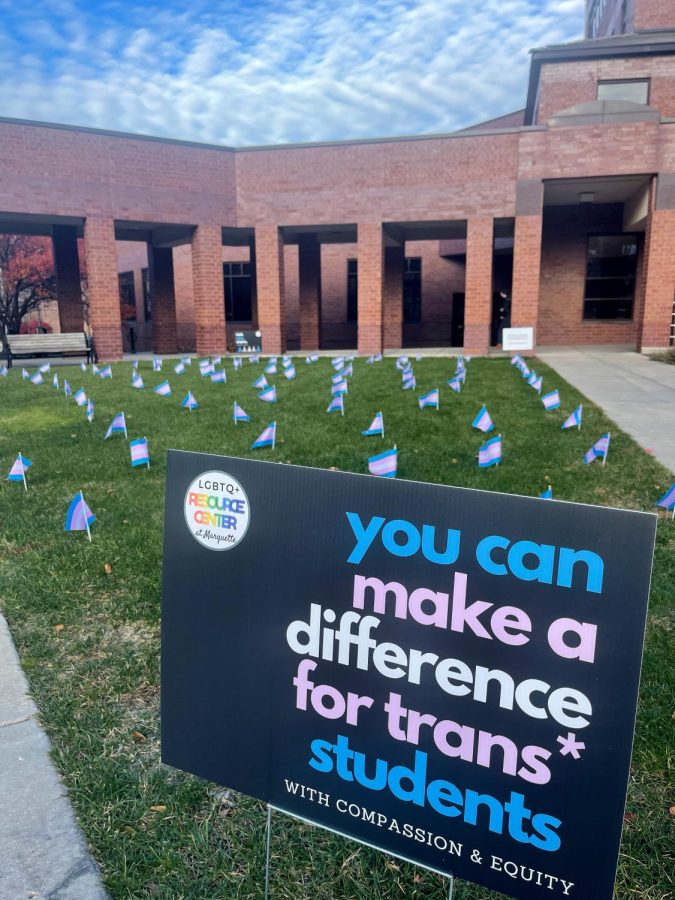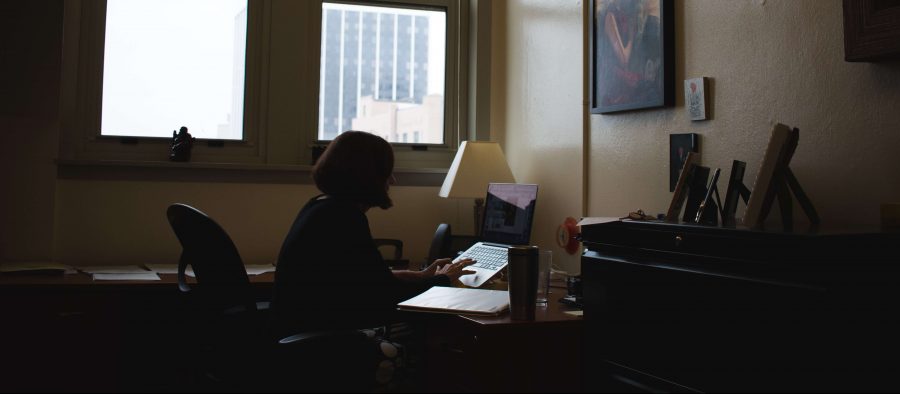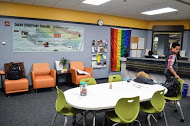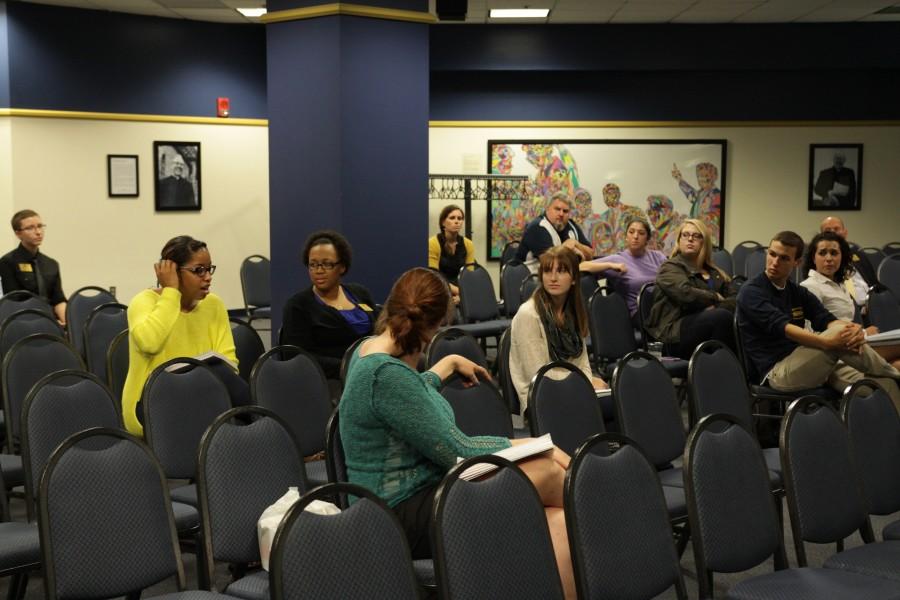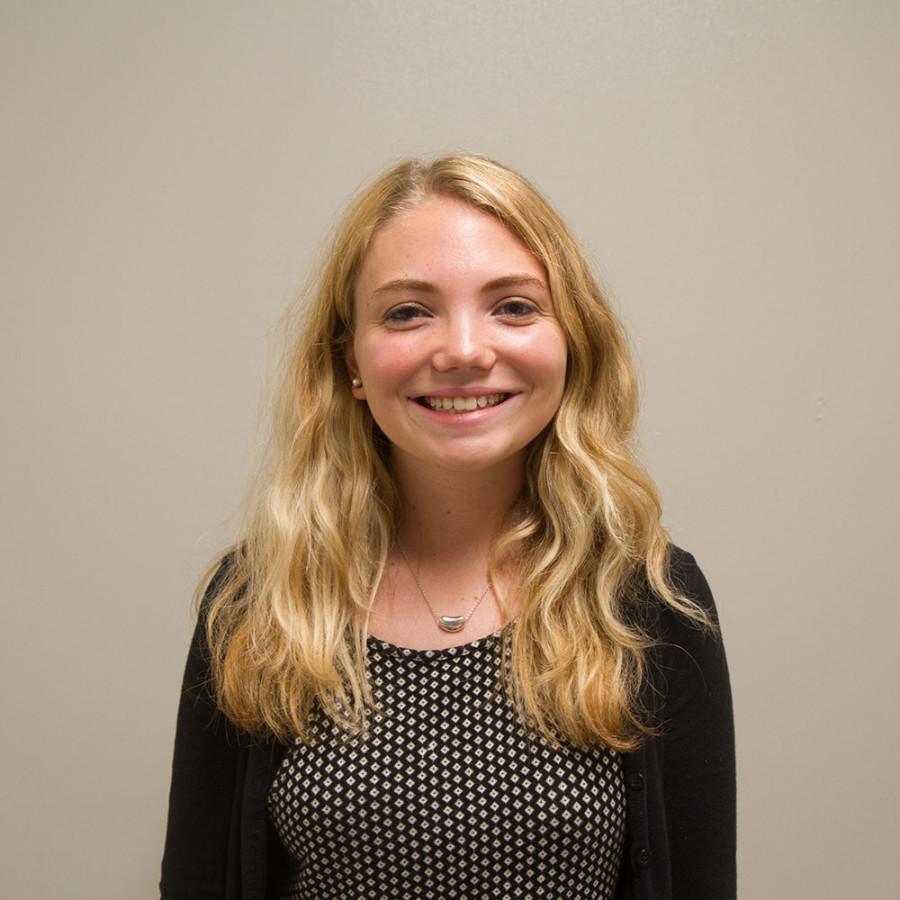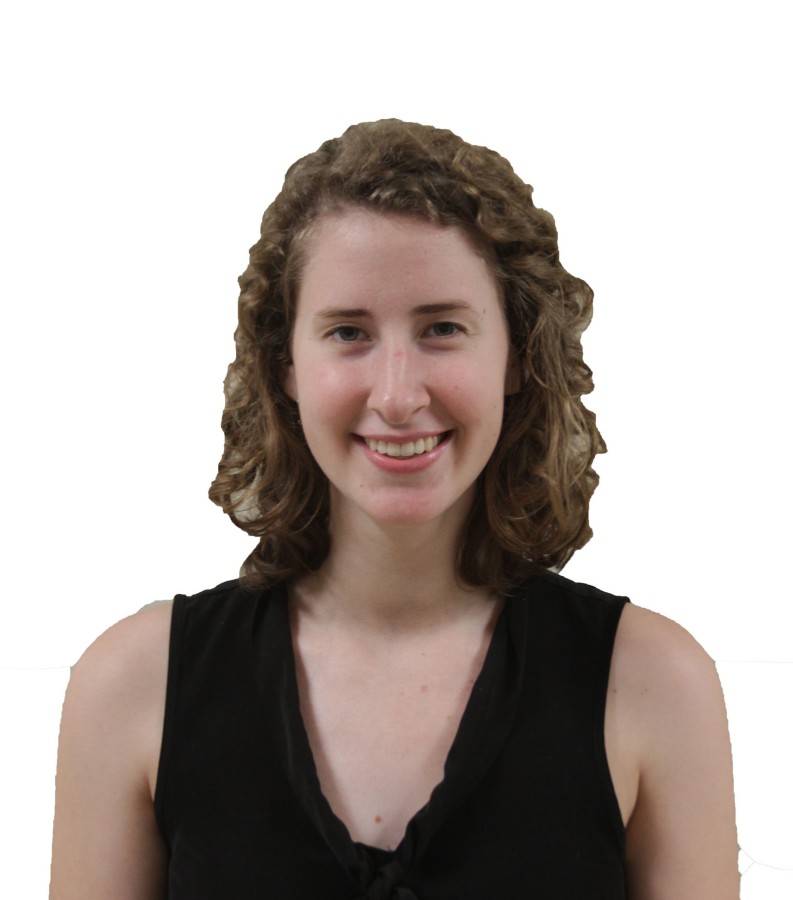This month will mark the one-year anniversary of Safe Zone, a program that trains people to help students facing sexuality or gender identity challenges, and its members are reflecting and brainstorming future improvements.
“(It’s) amazing,” said Susannah Bartlow, director of the Gender and Sexuality Research Center. “We had seven people trained initially and now we have over 100.”
Residence hall directors, resident assistants, students and faculty are among those certified. Another round of Safe Zone training will be conducted March 17.
“We have huge variety and diversity (of participants),” Bartlow said. “We have a good representation from all over.”
The Safe Zone program allows trainees to deepen their knowledge of LGBT, gender, student identity development, religion and sexuality. Trainees receive a Safe Zone logo sticker that they display in their office windows. Any students, including those who identify as LGBT, can then go to trainees for a safe and open-minded space to talk.
Katherine Atkinson, assistant director of the Business Career Center, said the training was both “educational” and “eye-opening.” Atkinson was part of the first Safe Zone training session conducted last spring.
“I’m impressed by the growth since then,” Atkinson said. “They are definitely moving in the right direction.”
Atkinson said she got involved to advocate for students who might feel marginalized.
“What if you don’t fall into the majority?” she said. “They need the most support. Those are the students we need to help.”
With year two on the horizon, Bartlow said she hopes for more Safe Zone certified students, allowing for more peer-to-peer interaction. She also talked about starting a Safe Zone YouTube channel with video interviews to show benefits and resources of the program.
“We want to grow visibility,” Bartlow said.
There is also hope for more consistent training sessions. There are six trained facilitators who conduct Safe Zone training, but Bartlow said she’s always looking for more. Facilitators are provided high-level training, so they are capable of being good resources for people they train.
Katherine Chelsea Connor-Van Zyl, a GSRC employee and Law School student, said Safe Zone gave her an opportunity to be a resource for the Marquette community.
“I think the program has done magnificently,” said Connor-Van Zyl in an email. “I think the ability for students to see the Safe Zone insignia on the doors of staff members and in their dorms lets them know that Marquette is open to discussing issues of sexual orientation on campus.”
Safe Zone training requires participation in three two-hour training sessions or a full-day training session. After becoming certified, individuals must complete eight related education credits every year to maintain certification. Modified versions of Safe Zone training are available for departments that want to become Safe Zone certified, which would require 80 percent of the department to attend training.
The Safe Zone training curriculum was developed by the GSRC in partnership with the Center for Intercultural Engagement, the Division of Student Affairs Diversity Committee, the Counseling Center, Campus Ministry and the Center for Teaching and Learning. It is affiliated with the Diversity Advocates program.


